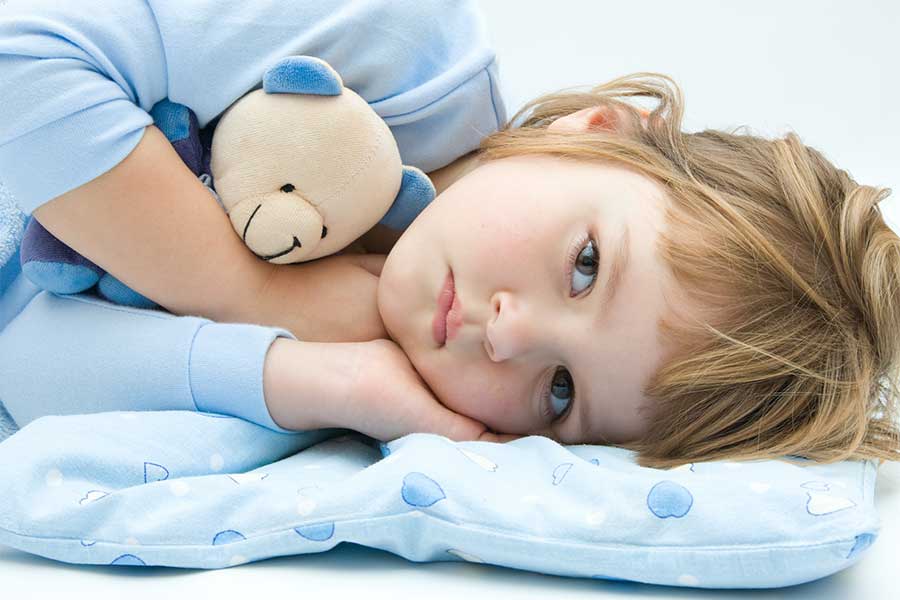Preventing overtiredness

Overtiredness is, by far, the main cause for poor quality sleep and this is as true for children as it is for adults.
As humans, we have a natural rhythm when it comes to sleep. Our bodies secrete hormones to keep us active and let us “function” during the day, and different ones to help us rest at night. The production of these hormones depends on a variety of factors and, to ensure their optimal balance, timing is the most important.
So, what happens when we stay awake beyond the “ideal” tiredness threshold? Well, our bodies will enter a compensatory mechanism to fight fatigue and will re-activate those daytime hormones to keep us awake. And that’s when the trouble starts.
In fact, once those signals to stay awake get fired up, they’re much more difficult to shut down and the less we sleep, the more we struggle to sleep.
The same is true for babies.
The best way to prevent this is to help our little ones fall asleep before they go into over-tiredness mode. Babies and infants often show tired cues when they have already crossed this threshold and it is therefore important to anticipate their signs of fatigue.
Some good signs to watch for include tugging at their ears, or rubbing their eyes and nose, arching their back, and turning their face into your chest.
Toddlers and preschoolers, on the contrary, usually become hyperactive when they’re excessively tired. Parents are led to think that their child is not ready to go to sleep yet and keep them up even more thus putting them to bed in a condition of hyper-tiredness that leads to bedtime battling.
My advice is to look at the clock and follow recommended wake windows according to your baby’s age. This does not mean that you must ignore their signs. Quite the opposite! It will help you to anticipate those situations where they would be too fatigued and distressed to fall asleep quickly and sleep peacefully through the night.
Sara




